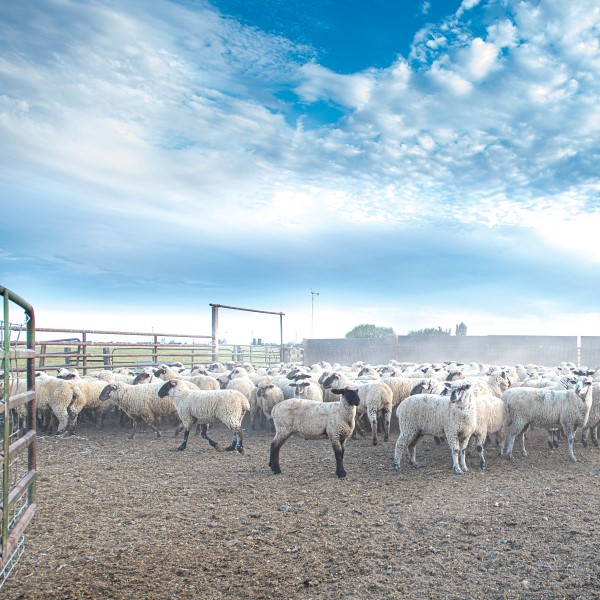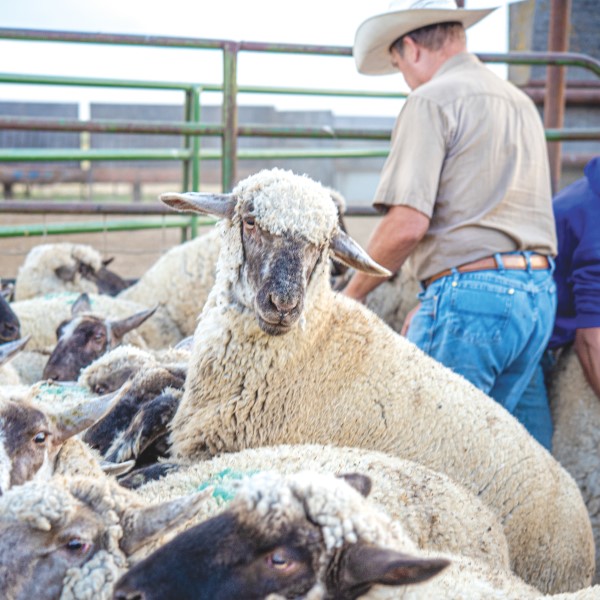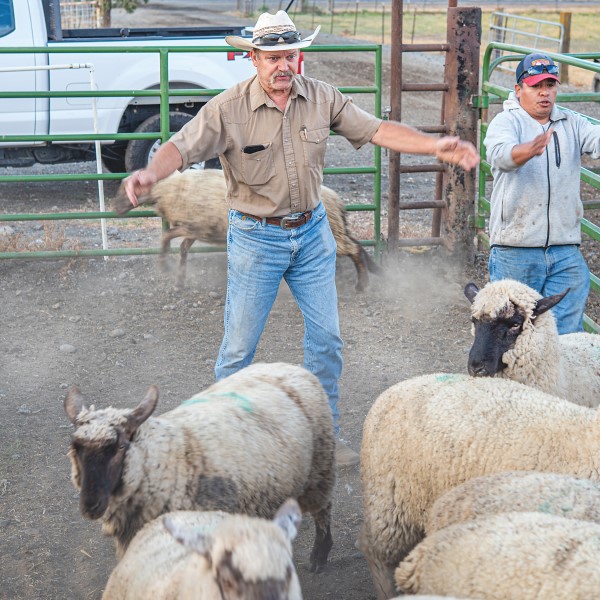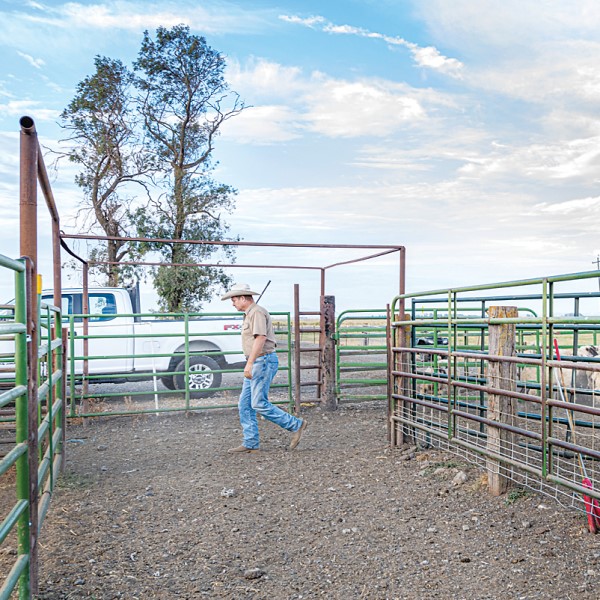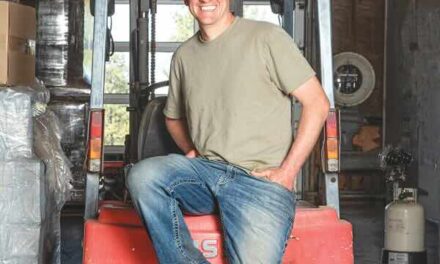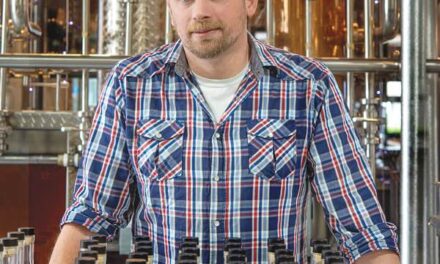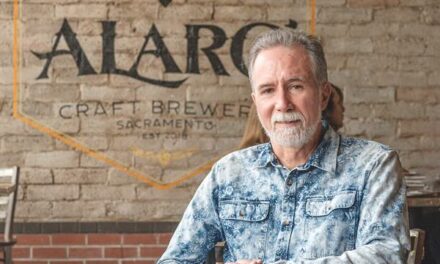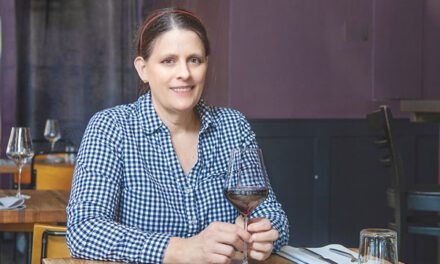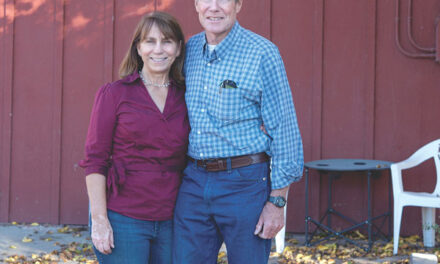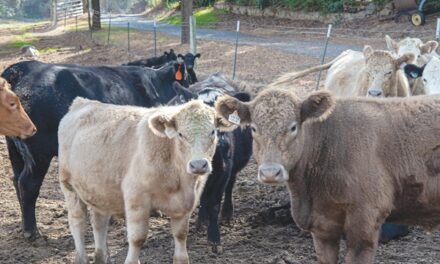Local Perfection
Dixon ranch brings timeless quality to table
By Gabrielle Myers
September 2023
For almost six years, I cooked at a farm-to-table restaurant that bought a whole lamb every week, locally raised, sustainably grown.
We butchered down the lamb into meals and made salumi and sausage with the scraps. Bones went into our Brodo, a mixed meat stock. We cooked and sliced kidneys and tongues for salads or antipasti dishes. Every part of the lamb was used and appreciated.
I also worked for restaurants and catering companies that relied on industrial produced lamb cuts, racks and deboned legs, shipped from Australia or New Zealand, where the animals were brought to slaughter in mass for lower cost.
As a diner, I have been to countless restaurants that opt for lamb raised, slaughtered and packed in Australia or New Zealand and shipped here. This lack of attention to local sheep ranchers and their fine products always astounds me.
Local meat products are healthier for us, benefit our native grasslands and don’t require transport halfway around the world. Local lamb from a place such as the Emigh ranch in Dixon is not significantly more expensive than factory-farmed meat from overseas.
When I lived in Dixon, I saw how that town and the lush grasslands around housing developments supported vibrant and nourishing flocks of sheep. When I first tasted Emigh lamb, it was from a little shop the family opened in a Dixon shopping plaza.
Packed with flavor, tender and juicy, the leg and rack of lamb expressed the town’s bounty of grasslands and the undulating pastures from Dixon to Rio Vista.
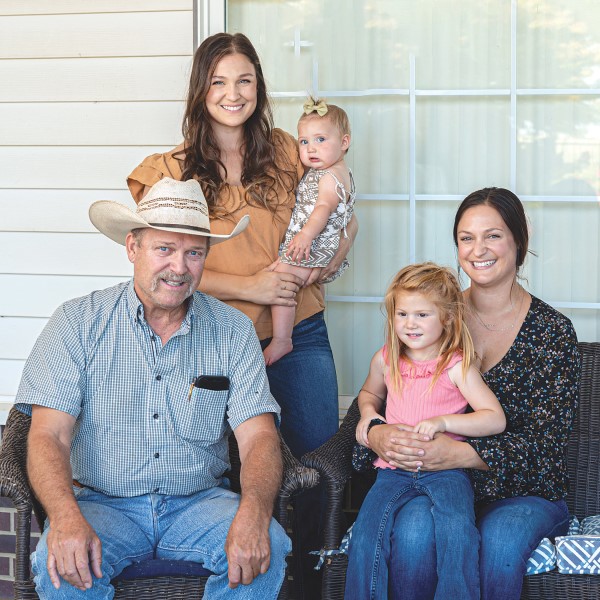
The Emighs have been in the sheep ranching business for five generations. Martin and his daughters Catie and Sarah work land his great grandfather ranched in the 1800s.
“We’re doing the same thing that my great grandfather did,” Martin says. “We’re not doing anything different than they were back then. So, we’re just carrying on the family tradition.”
The Emighs have a sustaining flock of Rambouillet/Suffolk sheep, and sometimes they add to the flock to meet customer needs and raise those sheep from a young age until slaughter.
Sheep are born at the ranch and set on irrigated pasture through the winter. When spring grasses start to flourish, the sheep are set out on the family’s hills near Rio Vista to eat ryegrass, clover and fescue. This is what the Emighs call “dry” or non-irrigated feed.
After this feed source is exhausted, the Emighs bring the sheep back to the ranch’s irrigated pasture.
“They’re always growing, always moving forward with their growth pattern. And then we just feed them out here until they’re ready for market and harvest,” Martin says.
Lambs live this natural grass-fed life until they are harvested at between 8 and 13 months of age.
With the variety of the sheep’s diet, one can imagine the animals are healthier and more robust, and contain more health benefits than meat from animals confined to feedlots.
This practice is less expensive and more economically sustainable for the Emighs, as the animals eat pasture grasses and not expensive feed. Traditional methods conserve water by pushing sheep to eat natural grasses rather than wasting tons of water irrigating fields that get overgrazed.
Sarah says the sheep they raise “are already natural. We’re not certified organic, but we raise the lambs organically. We don’t use fertilizers. We don’t use growth hormones. We never have, never will.”
Martin and his daughters are directly involved in the ranch work, marketing and delivery of the lamb. Affection and respect among family members is obvious. As Sarah describes, “It’s kind of a lifestyle. It’s just what we do. We wake up in the morning and we’ve got different jobs, different tasks every day, and we just do what needs to be done.”
You can find Emigh lamb on their website in smaller cuts, as well as lamb halves or whole.
Enjoy dishes made from the Emigh ranch lamb at Localis, The Waterboy, The Kitchen, Ella, Mulvaney’s and OneSpeed. V. Miller Meats sells Emigh lamb for customers to cook at home.
For information, visit emighlamb.com.
Gabrielle Myers can be reached at gabriellemyers11@gmail.com. Her latest book of poetry, “Too Many Seeds,” can be ordered from fishinglinepress.com. Follow us on Facebook, Twitter and Instagram: @insidesacramento.



